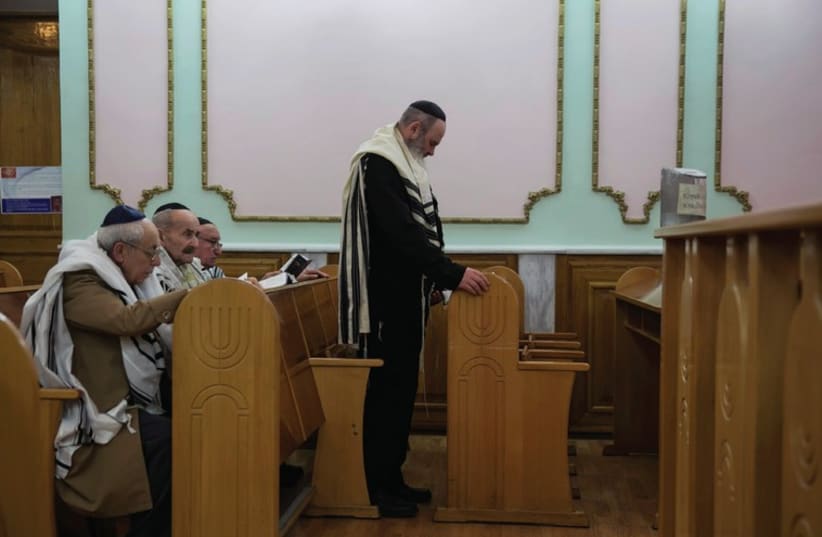Wiesenthal Center pans Svoboda march but many Ukrainian Jews aren’t worried
While Ukrainian leaders have condemned anti-Semitism, some charge that the government has turned a blind eye to the ascension of racist figures due to their role in combating separatists.
